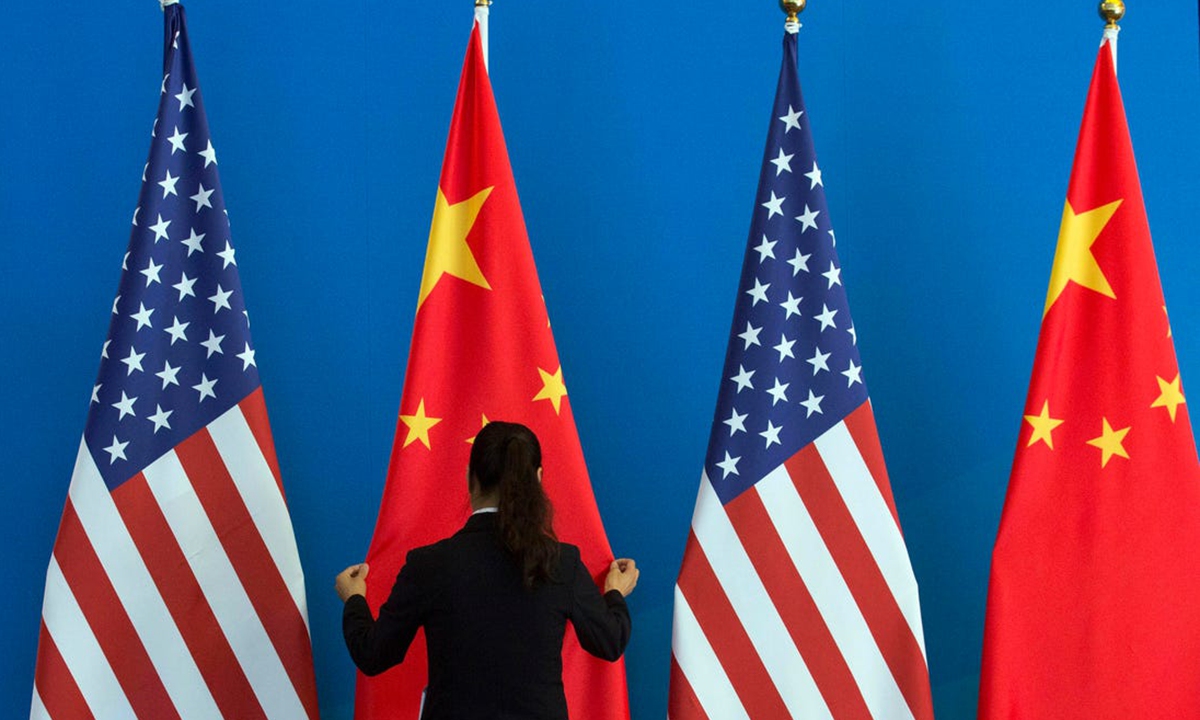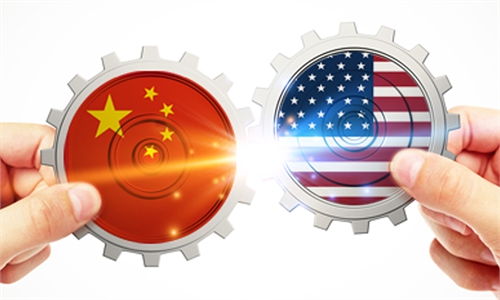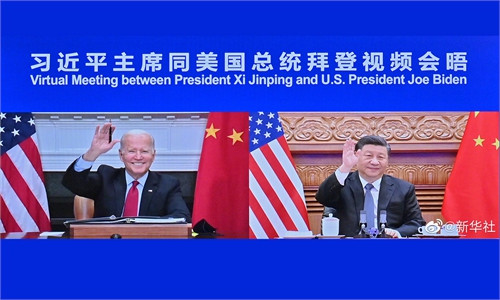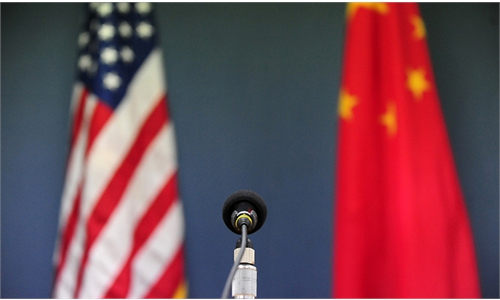China to walk at own pace in upcoming trade talks with US: observer
Xi-Biden summit setting tone

Photo: VCG
US business communities and industry leaders are elated after Chinese President Xi Jinping and the US President Joe Biden held their first virtual summit on Tuesday (Beijing time). They are now calling for more pragmatic moves to get bilateral relations back to normalcy and asking for greater access to the Chinese market.Observers told the Global Times that although China will carefully consider all reasonable requests from the US side, it will not agree to any excess demands. China has made up its mind to walk at its own pace in upcoming interactions with the US, no matter what card the US side will play.
Expressing welcome to the Tuesday summit, the US-China Business Council (USCBC) said in a statement on Wednesday that it is hoping separate meetings will be organized to discuss economic and trade issues between the two countries, including reducing travel restrictions and tariffs.
Doug Barry, USCBC director of communications, told the Global Times in a separate statement on Thursday that its aim is to serve as a reasonable bridge to help get the bilateral relationship back to "a good place", noting that bilateral "talks need to occur without preconditions and in an atmosphere of mutual respect."
"Negotiators won't agree on everything but should seek common ground on issues where they can cooperate. Both sides should be courageous and ignore domestic politics pressuring them to be tougher on the other party," said Barry.
Barry called for "China to accelerate its opening and reform, creating new opportunities for competition in sectors now closed to foreign participation."
Former US Treasury secretary Hank Paulson on Thursday warned of a "dangerous" world if China-US tensions worsen, calling for "more transparency, greater harmonization, and coordination of financial regulations and accounting principles between the world's two largest economies."
The world is headed for a "very dangerous place" if Washington and Beijing are unable to stabilize their relationship, Paulson said in a speech at the Bloomberg New Economy Forum in Singapore on Thursday.
One meeting alone won't resolve the tensions between the world's two largest economies, Paulson said. "Wholesale financial decoupling is impossible, and partial decoupling is likely to make the US, China and the world more susceptible to financial crises," said Paulson.
Analysts noted the series of moves from the US side may signal that the two could head to a more cooperative approach on trade, but China might take a more steady approach in the following trade talks with the US, since it's the US that feels more urgency than China amid its rising inflation.
Gao Lingyun, an expert at the Chinese Academy of Social Sciences in Beijing, told the Global Times on Thursday that China is now prepared and has more tools in handling trade sanction and frictions after three years of "trade fighting" with the US.
Shu Jueting, a spokesperson of China's Ministry of Commerce, told a regular press conference in Beijing on Thursday that the virtual summit between the top leaders of the two nations set the tone for China-US bilateral economic and trade communications, noting that the Chinese team will earnestly implement the results that were agreed at the summit meeting.
Shu did not disclose any specific talks arranged after the top leaders' meeting, but said that if there was any further information, it would be released promptly.
Meanwhile, Washington still has to do more and turn its words into actions in sectors such as tariffs and crackdowns on Chinese firms to create a favorable environment for more talks, analysts said, warning about possible policy reversals or moves aiming to "isolate" China by the Biden administration.
Reuters reported on Thursday that US Trade Representative Katharine Tai and Japan's trade and industry minister agreed on Wednesday on a new trade partnership to boost cooperation on labor, the environment and digital trade issues, with an emphasis on "third country concerns," which appeared to be alluding to China.
"In this framework, we will discuss issues such as the Japan-US common global agenda in the area of trade, cooperation in the Indo-Pacific region as well as bilateral trade cooperation between Japan and the US," said Japan's Ministry of Foreign Affairs.



